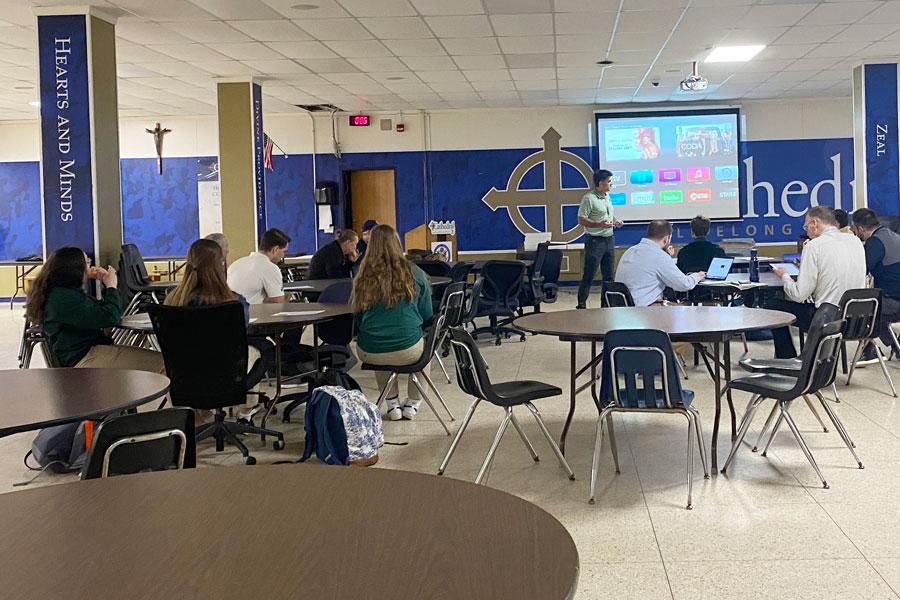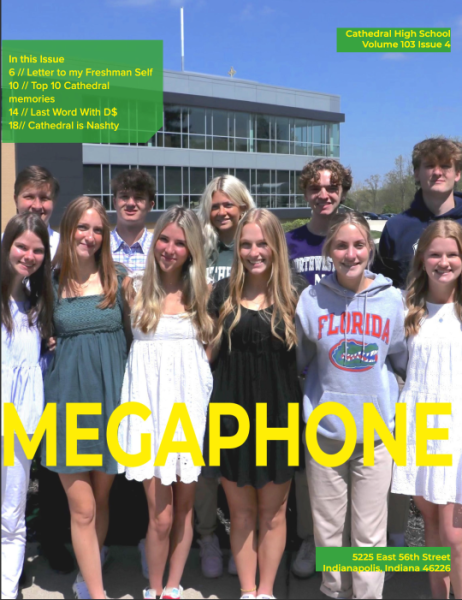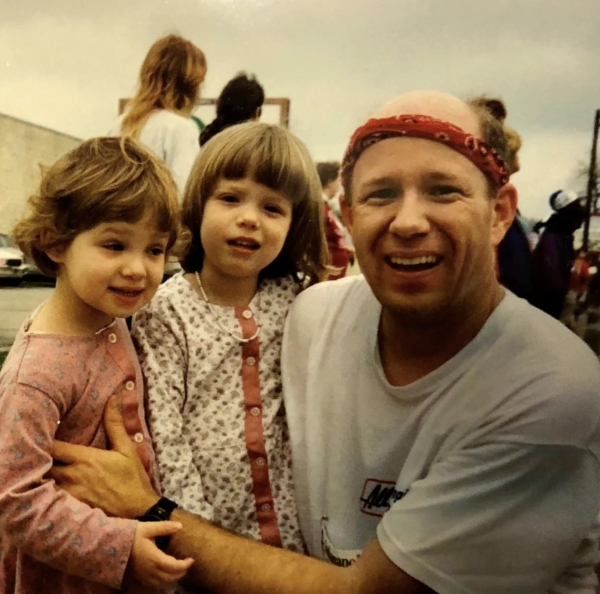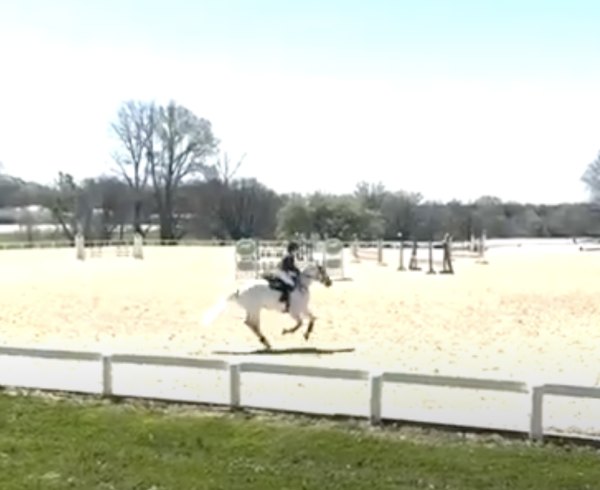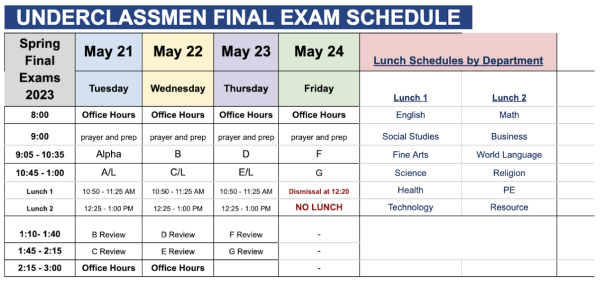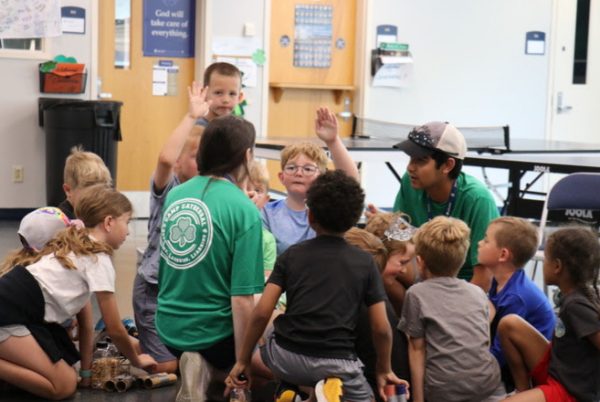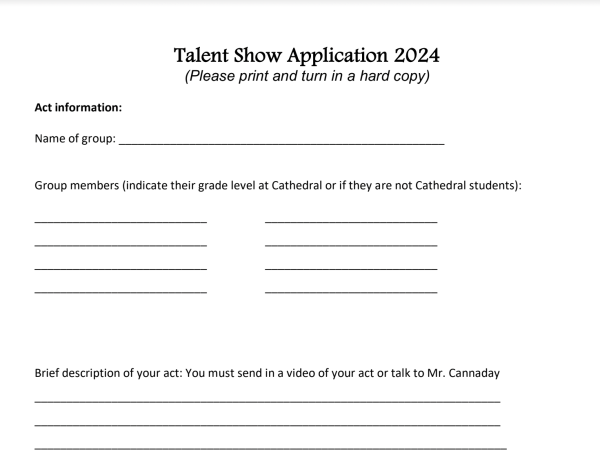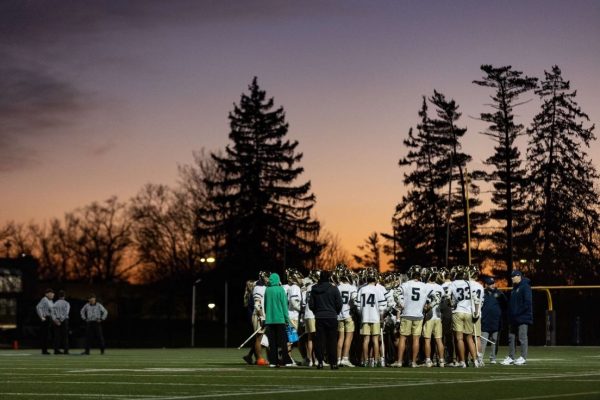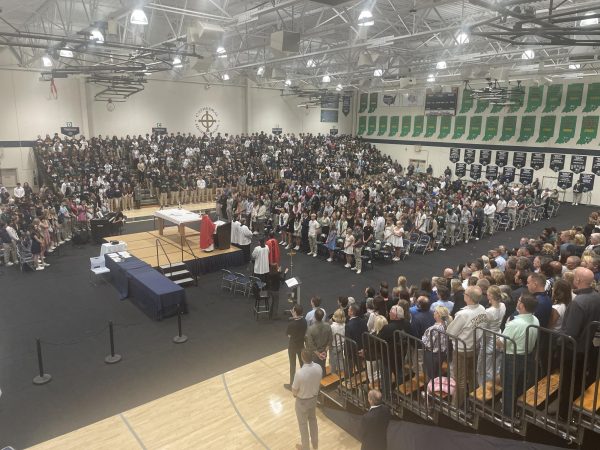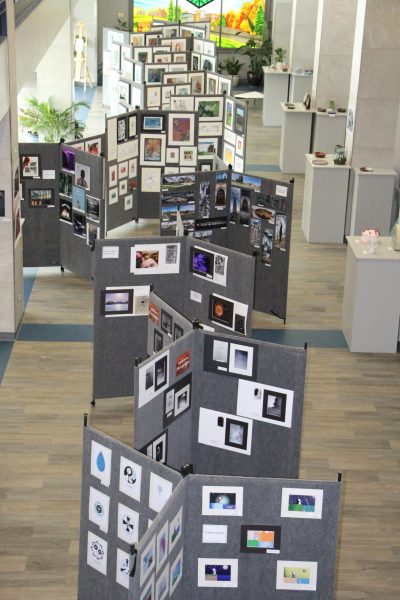Classroom discussions and forums focus on Ukraine
Social studies teachers ensure students are kept informed
At the most recent forum on the crisis in Ukraine, social studies teacher Mr. Craig Blanchet presents information to students.
In both classroom discussions and before-school forums, social studies teachers and others on the Hill have kept students and staff updated regarding the Russian invasion of Ukraine.
Millions of Ukrainians fled their country after Russian president Vladimir Putin sent troops to invade Ukraine. Due to Putin’s war, Ukrainians have escaped to Poland, Hungary, Romania, Slovakia and among other nations.
“(Russian troops) have been slowed tremendously. They have had to shift their campaign strategic of acquiring of cities to basically mass destruction, trying to force the people within Ukraine to break and give in to Russia invasion,” said AP European History and World History teacher Mr. Anthony Ernst.
Social studies teacher Mr. Craig Blanchet and Ernst both noted how the invasion has turned Ukrainians’ daily lives upside down. Many of these citizens were going about their daily activities, attending school, going to work and caring for their families. Blanchet said that the recent invasions have left many in disbelief.
Putin still views Ukraine as a nation under Russian rule. Ukraine has been independent only in the last 30 years, and Putin views territories that were previously part of the Soviet Union as part of Russia. “In the long history of modern Europe, in the last 600 years, Ukraine has only been independent for about 30 years. You’re put in a position now where these people have independence; they’re fiercely going to hold onto that sense of independence that they have acquired,” said Ernst.
Blanchet noted that Putin did this as a way to see Russia as he did during the Cold War, and in order to accomplish this he needs to get bordering countries under the control of Russia.
During this time, both United States citizens and government officials are able to offer help to those affected by the invasion. Blanchet said that people show what he called “moral and verbal support” through social media platforms. The U.S. government can offer help to their country in more tangible ways.
Ernst noted that this war and conflict are very different from previous wars, considering the amount of technology and the accessibility of news outlets. Twitter and Instagram are social media platforms on which information regarding the war is available. This generation is able to utilize these platforms for firsthand, up-to-date information about the war.
Russia and Ukraine will see long-term effects from the war, but so will the rest of the world. The economy has already been greatly affected, with the price of gas increasing and inflation affecting many items. Ernst said that the United States will not buy oil from Russia any time soon, so the country will find other outlets and use more of its own oil and other natural resources.
“President Biden announced we would be stopping all purchases of crude oil from Russia. That will continue to probably force not only the price of gas to go up, but also everything. The cost of shipping will go up because transportation brings those goods to Target and Walmart where we buy our goods. Transportation takes those ingredients from the farmland and takes them out to the places where they need to be made into food,” said Ernst.
The increase of prices and effect on the economy could lead to stronger relationships with NATO countries. Both Ernst and Blanchet noted a possible outcome being an addition of more countries to NATO. Blanchet said, “Right now I’m encouraged to see neighboring countries speaking with one voice through NATO or through the European Union.”
Sharing breaking news not only from the United States but also the world is crucial, especially to students. Ernst and Blanchet have organized forums for students to learn about the current events and ask questions. Their goal is to give students a different perspective of the current news and provide them the support they need to understand the devastation.
“I think it is important for us to constantly ask questions about what is my role as a United States citizen and how does that role affect people that live elsewhere,” Blanchet said.
The most damage to Ukraine has occurred in the Eastern and Southern regions, and Russian forces are continuing to make their way around the country. There is fear that communities will continue to be destroyed. Putin has not only caused harm for Ukrainians and neighboring countries, but for everyone. Blanchet said this is causing what he called “renewed fear for the rest of the world.” Nobody knows the ultimate goal of Putin and these attacks, which creates anxiety and uncertainty.
Blanchet encourages support and help to those affected by the war. Blanchet said, “I hope people remain kind and provide to those who are fleeing, but I also think Ukrainians are particularly proud people. While it may take a long time for their country to return to its (prewar condition), I think the vast majority will return to Ukraine.”

Caroline Schilling is the Megaphone Executive Editor and a Cathedran photographer. She has been on Megaphone staff since her freshman year. Caroline is...


